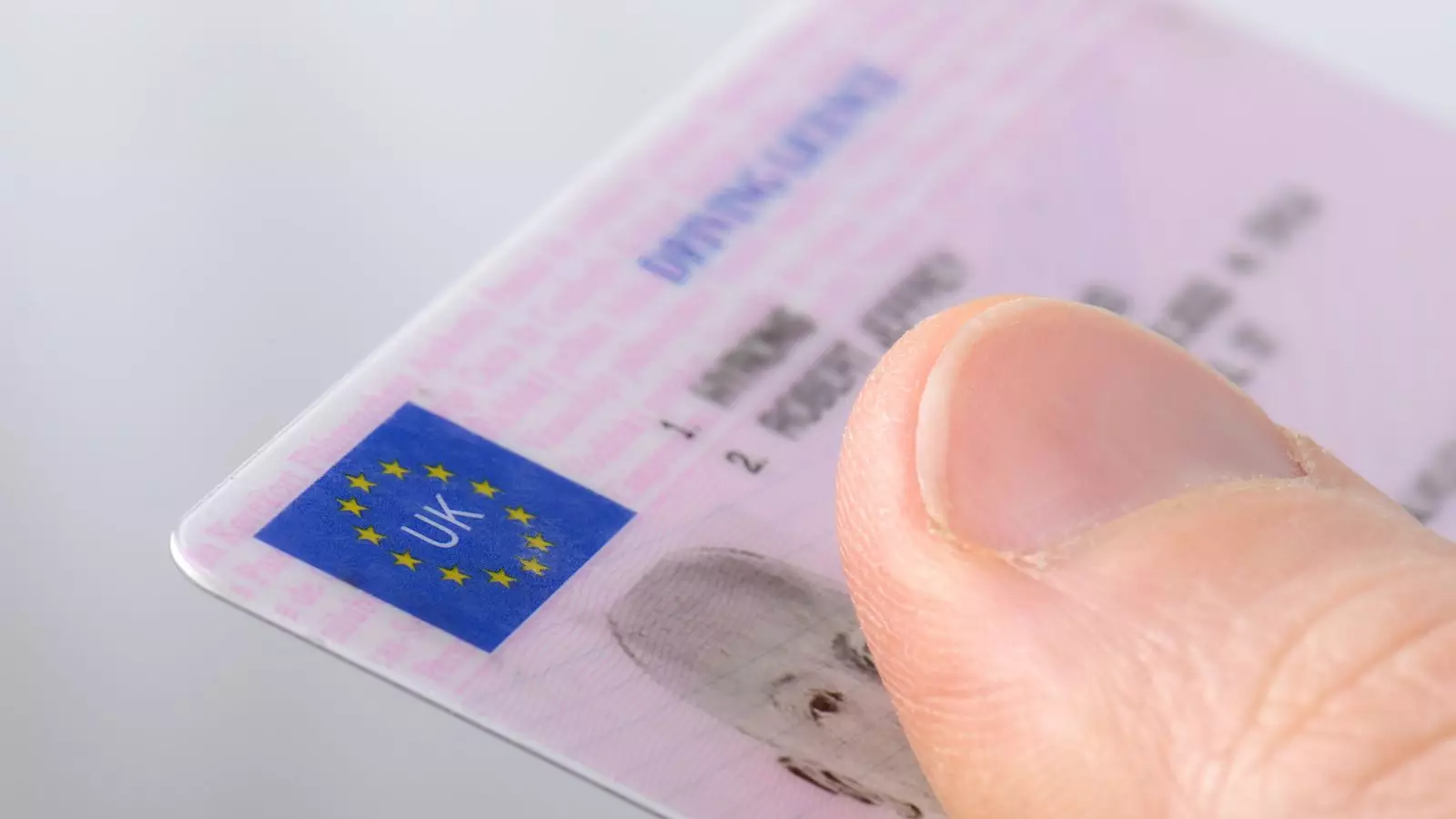The government is taking bold steps in a significant effort to tackle welfare fraud, reflecting an urgent response to the rising tide of fraud and error-related benefit overpayments. With the introduction of the Public Authorities (Fraud, Error and Recovery) Bill, a comprehensive strategy has been laid out that aims to recover taxpayer money and enforce stricter penalties on those suspected of exploiting the welfare system. This article examines the proposed measures, their implications, and the broader context of benefit fraud in the UK.
The Public Authorities (Fraud, Error and Recovery) Bill represents one of the most ambitious legislative initiatives in recent memory aimed at combating benefit fraud. Among the bill’s most contentious provisions is the option for the government to recover funds directly from the bank accounts of identified fraudsters. This unprecedented step could enable the Department of Work and Pensions (DWP) to reclaim money swiftly, potentially saving the taxpayer around £1.5 billion over the next five years. Furthermore, the bill includes provisions for banning benefit fraudsters from driving for up to two years if they refuse to repay debts, with courts empowered to suspend driving licenses for those who ignore repayment demands.
The DWP’s crackdown on benefit fraud is not occurring in a vacuum. Statistics reveal that approximately £8.6 billion was lost to fraud and overpayments by the DWP in the financial year concluding in April 2024, with inflation exacerbating the fiscal burden on the government. During the COVID-19 pandemic, instances of fraud surged, with overpayments caused by fraud nearly doubling, peaking at around 4% of total benefits distributed. As a result, the government considers these legislative measures vital to restoring confidence in the welfare system and ensuring that resources are allocated to those truly in need. By addressing these challenges, the government hopes to mitigate the operational inefficiencies that have plagued the system and enhance financial integrity.
Despite the apparent necessity of these measures, critics warn that they could lead to overreach and misuse of power. The DWP’s ability to access bank statements of individuals suspected of benefit fraud raises valid concerns surrounding privacy and civil liberties. Such interventions could lead to unjust repercussions for individuals who may not have engaged in fraudulent behavior but find themselves ensnared in the net of suspicion. Critics also point out that legislation that disproportionately affects vulnerable populations can exacerbate existing inequalities. There is a risk that instead of fostering trust in the system, these measures could erode public confidence and create a climate of fear among legitimate beneficiaries.
Additionally, the involvement of political figures in this debate adds an extra layer of complexity. The shadow Work and Pensions Secretary has positioned this legislation as part of a broader historical trend toward punitive measures against welfare recipients, highlighting the potential for political motives behind such crackdowns. With allegations regarding the appointment of individuals with questionable backgrounds to key positions, the authenticity of the government’s commitment to reform is brought into question. The political landscape surrounding welfare reform continuously evolves, with competing narratives complicating public perception.
As the Public Authorities (Fraud, Error and Recovery) Bill makes its way through Parliament, its future will hinge on parliamentary debates and public sentiment. The government must carefully navigate concerns regarding privacy rights, potential discrimination against the vulnerable, and the efficacy of such punitive measures. As it stands, the DWP assures the public that new safeguards, including reporting mechanisms and independent oversight, will ensure that the powers afforded by this legislation will be used judiciously.
While the government’s crackdown on benefit fraud embodies a necessary response to a pressing issue, it raises essential questions about the balance between combating fraud effectively and preserving the rights and dignity of individuals within the welfare system. The outcomes of this legislative effort will not only determine the fate of thousands of benefit recipients but also illustrate the broader principles of justice and equity within the public welfare domain.


Leave a Reply